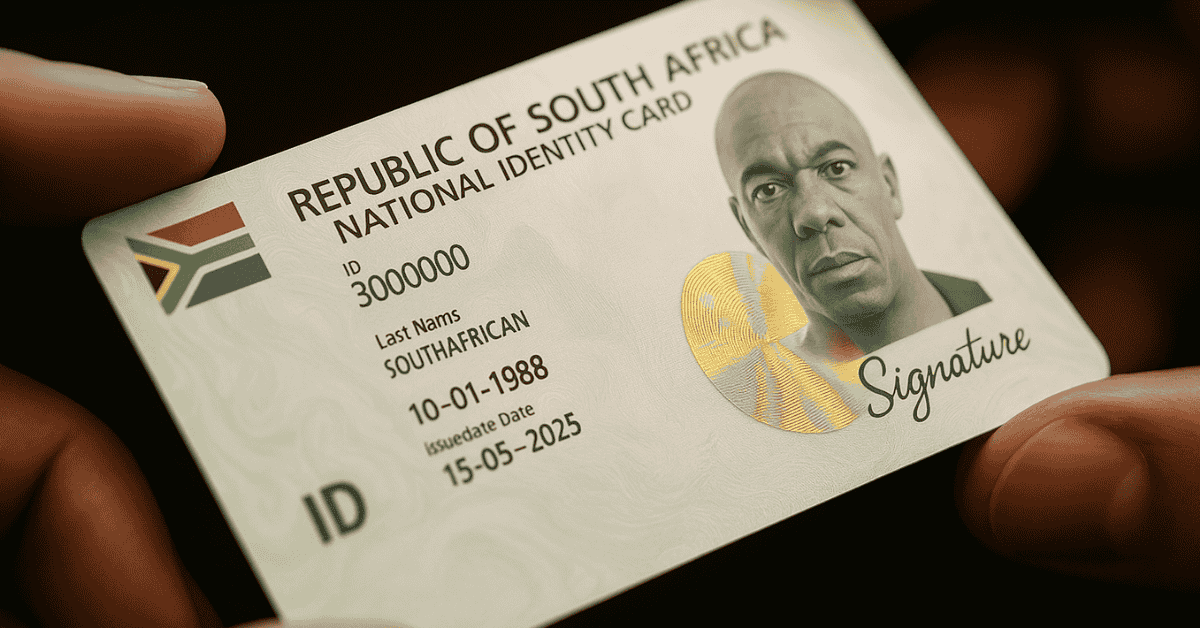Introduction
The expansion of the Smart ID card initiative in South Africa represents a significant step towards modernizing the country’s identification system. In an era where secure and efficient identification is paramount, the Smart ID cards aim to provide citizens with a more robust means of accessing services and verifying their identity. This initiative is critical not only for enhancing security but also for streamlining governmental processes and improving overall service delivery in a country where bureaucracy can often hinder progress.
Current Developments
As of late 2023, the Department of Home Affairs (DHA) has reported an increased rollout of the Smart ID cards across the nation. This initiative has been part of a broader strategy to phase out the old green, barcoded ID books, which are considered less secure and more susceptible to fraud. The new Smart ID cards feature advanced technology including biometric data and embedded chip security, making them far more reliable.
The DHA has launched various outreach programs to ensure wider accessibility, particularly in rural areas where access to conventional service centers may be limited. These programs include mobile units that travel to remote communities to issue Smart ID cards, thereby fostering inclusivity and ensuring that all citizens, regardless of their location, can register and obtain their identification.
Impact on Citizens
The introduction of the Smart ID is expected to have several positive implications for South African citizens. With the increased use of the Smart ID cards, government agencies will be better equipped to authenticate identities, reducing the risk of identity theft and preventing fraudulent activities. Moreover, these cards are expected to facilitate smoother access to various services, such as voter registration, banking, healthcare, and social services.
Furthermore, the Smart ID cards align with South Africa’s long-term vision of digitizing public services and enhancing e-governance, making it easier for citizens to interact with government platforms. This transition is particularly relevant in the context of a growing emphasis on technology-driven solutions in governance.
Conclusion
The ongoing expansion of the Smart ID card initiative in South Africa symbolizes a significant leap in the country’s efforts to improve identification systems. As the DHA continues to drive this initiative, it is expected that more citizens will benefit from the superior features of the Smart ID card. The potential for reduced fraud, improved service delivery, and enhanced security positions this initiative as a pivotal development in improving the lives of South Africans. Moving forward, monitoring the impacts of this program will be essential, as it stands to redefine how citizens engage with their government and utilize public services, enhancing the overall trust in state systems.


